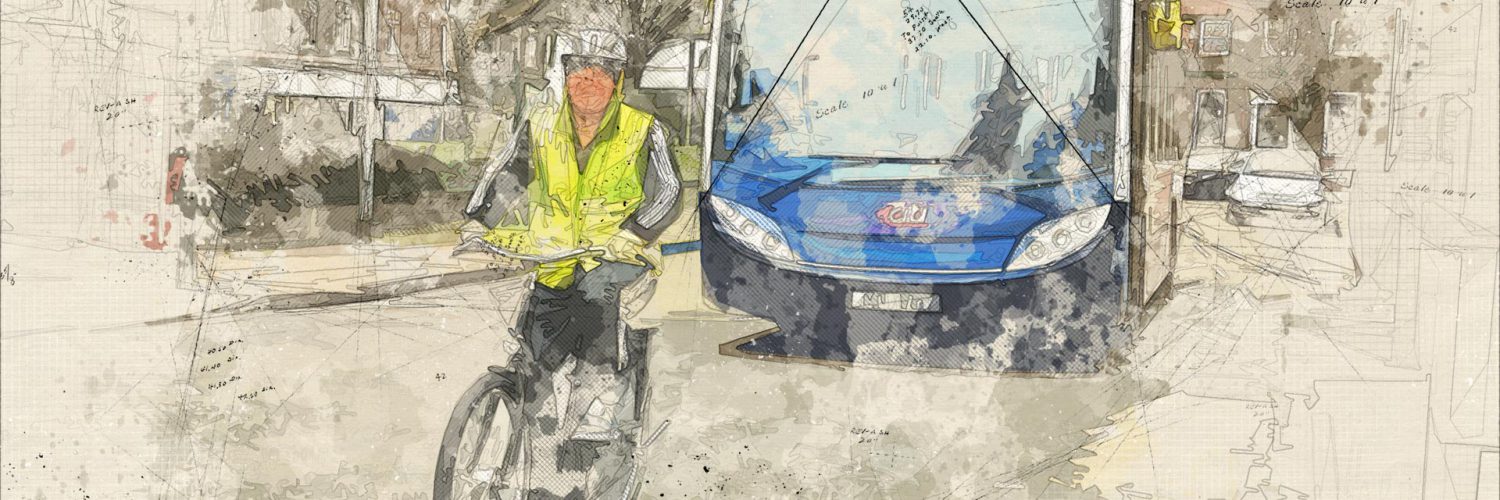It’s notoriously hard to keep track of developments in ‘Greater Cambridge’. Each of the three councils and the City Deal has its own website, none of which can be described as particularly user friendly. All four bodies also seem to prefer to promote the ‘Cambridge Phenomenon’ in their own independent ways rather than work together to deliver what local people actually want.
This week has thrown up another example of this disjointed and remote approach to local planning: South Cambridgeshire District Council is set to adopt into its Local Plan a proposal for a further 20 acre expansion of the Biomedical Campus at Addenbrooke’s to complement Phase 1 (70 acres) and Phase 2 (14 acres). When completed, it’s been reported that as many as 30,000 people will be employed on the Campus, up from around 7,000 today.
The challenge of moving a workforce the size of an entire town on and off that site daily is immense.
Although many local councillors have waved the flag for a new rail station serving the Campus in 2019/20, it’s thanks mainly to AstraZeneca that it may happen. But that won’t be sufficient. The City Deal is proposing two new busways to link with the site: one along the route of the A1307, very controversially encroaching onto Magog Down; and one alongside the M11, which is also controversial and serves only buses as a peak-time workaround for the lack of a connection between the A428 and M11 at the Girton Interchange.
Even if these City Deal schemes looked like the best transport solutions, they will not be delivered before the current expansion of the Biomedical Campus is completed. That means that many new employees will have to figure out car-based transport arrangements within the existing inadequate infrastructure, and are much less likely to switch to using buses at a later date.
If that weren’t bad enough, Cambridge City Council’s Local Plan is promoting sites either side of Wort’s Causeway for 480 new homes. Traffic from those sites will use the A1307, exacerbating congestion around the Campus.
A lack of joined-up thinking, an over-reliance on civil engineering, a simplistic view of the benefits of growth, and a patronising contempt for local views are sadly hallmarks of our councils’ attempts to plan for the future. More innovative and agile approaches, like those endorsed by Smarter Cambridge Transport, Railfuture and other groups might mitigate the impacts of growth more successfully and less painfully.
This article was first published in the Cambridge Independent on 9 November 2016.



Add comment